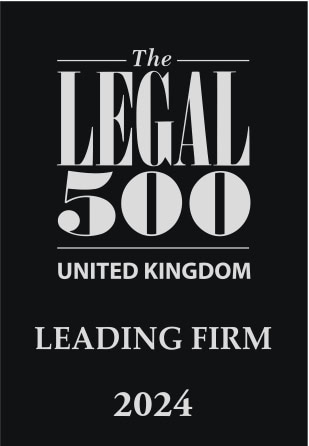All in all, it was just not your bricks in the wall
The Pink Floyd guitarist, David Gilmour, has been forced to make an application to the High Court of England and Wales because the £10m seafront property he is trying to sell does not actually belong to him.
How has this happened? Well, the property was purchased by Mr Gilmour through an English company in 2011. That company was subsequently dissolved in 2014, but the property had remained in its ownership. When a company is dissolved, any property which it owns at the time of the dissolution passes to the Crown by law, this is known as bona vacantia.
This situation in respect of such a valuable property seems surprising, but it is not unusual. On this occasion it appears to be as the result of an administrative error in failing to transfer any assets out of the company before dissolution. It more frequently occurs when a company is subject to compulsory strike off, for example, because of failing to make appropriate filings with the company registry. On other occasions, assets which may seem worthless at the time of dissolution become valuable later, for example a claim in a liquidation.
So what is the solution? In the circumstances, certain parties such as a former director or shareholder of a company can apply to Court to restore the dissolved company to the register. If a company is restored with six years of having been struck off, that company is entitled (subject to any order of the Court) to have any property vested in the crown returned to it. If such property has been disposed of, the company is entitled to its value at the time of disposal.
The Court has discretion to extend the six-year period in respect of the property if it is equitable to do so in the circumstances, however, any application to restore a company must be made within 10 years of the company being struck off.
Any person applying for the restoration of a company must serve notice of the intended application of the Registrar of Companies, H.M. Procureur (Guernsey’s Attorney General) and H.M. Receiver General. Notice must also be given to any liquidator or administrator of the company if relevant and the Guernsey Financial Services Commission if it was a regulated company.
The application made by David Gilmour was only in the news last week, and it is not clear when the application was first made, but if it had been in Guernsey Mr Gilmour would be dangerously close to the end of the 10-year period in which the restoration application must be made.
Take-aways: The obvious point is to manage your company effectively to avoid compulsory strike off, or to ensure all assets or potential assets have been properly considered if applying to dissolve the company. However, if the company has been dissolved, any application to restore must be made within 10 years, and ideally six years if it relates to property now bona vacantia.
We are frequently instructed in respect of applications to restore a company and are happy to assist. Please contact Robin Gist, or Charlotte Tomlinson, or your usual contact at Ferbrache & Farrell, for any advice on this issue.



















